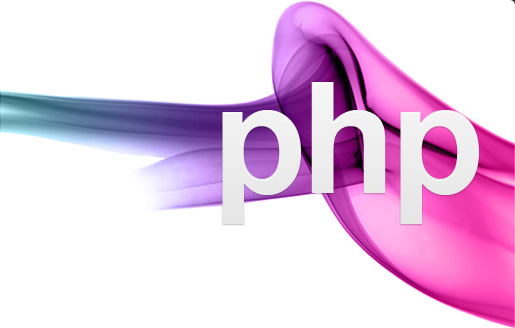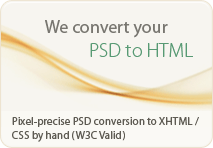Drupal
DRUPAL MODULE INFORMATION
The core Drupal install comes with a blog system, forum, and a menu system to create either a classic "brochureware" website or an interactive community website.
As in WordPress or Joomla content is stored independent of a hierarchical menu. The user can choose to provide this "classical" navigation and/or make use of the Taxonomy System which sorts tagged content into categories.
Modules included in Drupal's 5.x core enable users to:
- Post, revise, and categorize content
- Conduct searches on internal site content
- Post comments
- Take part in forums
- Vote in polls
- Work on collaborative writing projects
- Post and view personal profiles
- Communicate among themselves or with the managers of a site
- Change the look of a site with off-the-shelf or custom-made themes
- Build multi-level menus
- Provide users with an interface in their local language
- Provide RSS feeds
- Aggregate content from the RSS feeds of other sites
- Register and manage user accounts
- Assign fine-grained user roles, granting users permission to use selected features of a site
- Use access rules to deny site access to specified usernames, e-mail addresses, and IP addresses
- Provide statistics and reports for administrators
- Manage caching and throttling to improve how a site performs in heavy traffic
- Construct and specify various input filters and content types
- Generate easy-to-remember URLs that can also be more easily interpreted by search engines.
Additional core administrative functions included in Drupal 6.x:
- Development tools (clear the cache, view theme functions and variables, view load time, etc.)
- Triggers and Actions - a simple workflow tool.
- Update Status module - automatically notifies the administrator of any new releases to installed modules and themes.
- Redirect log
- Support for OpenID login.
The Drupal core has been designed with a system of hooks, or callbacks, that allow modules to insert functions into Drupal's path of execution. Functions and presentation can be added through pluggable modules and themes. Drupal maintains a detailed changelog of core feature updates by version
Contributed Modules
The Drupal website provides more than 2250 free modules written and contributed back by the Drupal community, including:
- CCK - the Content Construction Kit
- CCK-associated modules
- Views
- Organic Groups
- Panels
- eCommerce systems
- Photo galleries
- XML sitemaps
- Amazon Associate Tools
- Mailing list management
- A Constituent Relationship Management (CRM) System, CiviCRM
- Integration with CVS
- Workflow features - "Triggers" and "Action" modules are part of 6.x core
- System version tracking
Drupal modules can "override" the core's built-in features, extending or even replacing Drupal's default behavior without directly manipulating the programmed code in Drupal's core files. This modularization policy increases flexibility and security, and allows users to cleanly upgrade to newer releases, as the core code remains untouched.

















